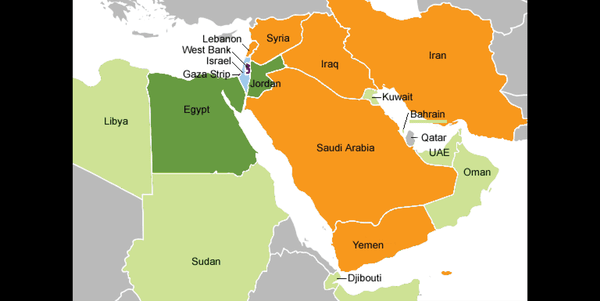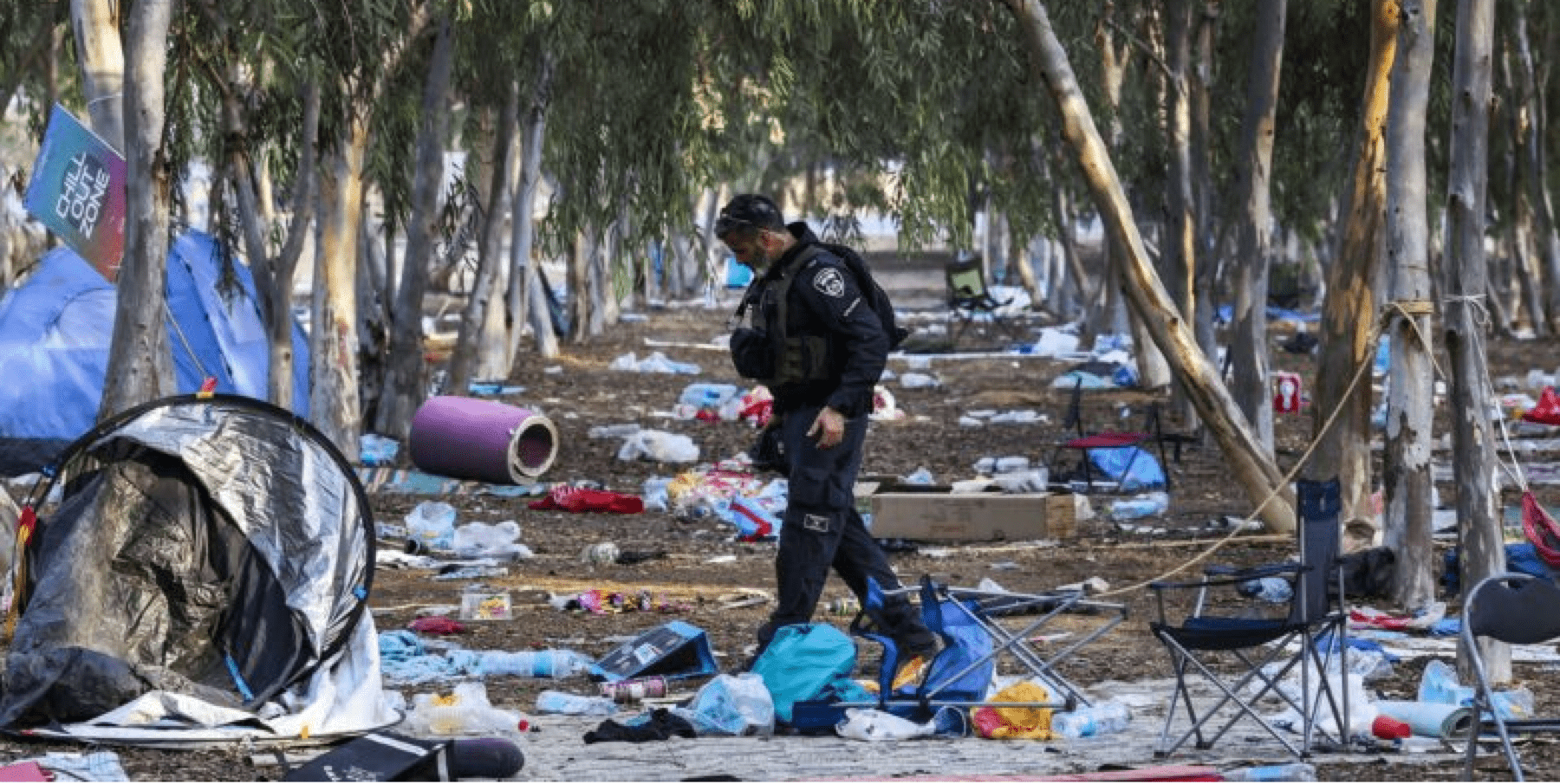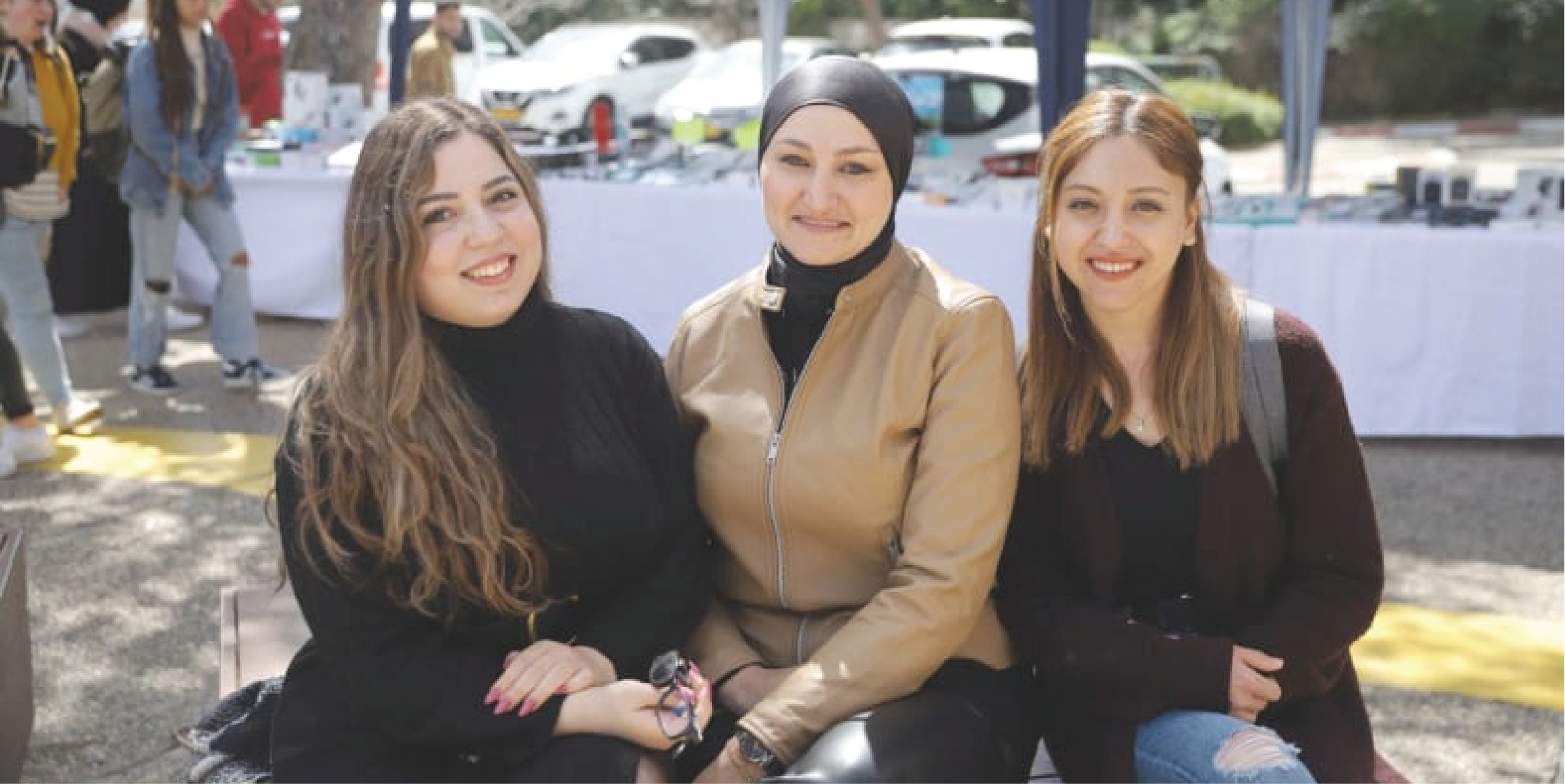Israel wins Ethiopian support for African Union ‘observer’ role
July 7, 2016Prime Minister Binyamin Netanyahu’s push for Israel to be granted “observer status” at the African Union gained the backing of continental heavyweight Ethiopia on Thursday.
“Israel is working very hard in many African countries. There is no reason to deny this observer position to Israel,” said Ethiopia’s Prime Minister Hailemariam Desalegn as Netanyahu began the last leg of this week’s four-nation Africa tour.
The position of observer is granted to some non-African countries who wish to engage with the AU, follow proceedings and address its gatherings. Israel had been an observer at the AU’s predecessor organization but its status was not renewed at the AU’s founding in 2002.
The 54-member organisation, headquartered in Addis Ababa, would be an important diplomatic ally for Israel, as is Ethiopia which begins a two-year tenure as a non-permanent member of the UN Security Council in 2017.
Palestinian Authority President Mahmoud Abbas has used his country’s AU observer status since 2013 to attend AU summits, spread anti-Israel propaganda and shore up diplomatic support in his attacks on the State of Israel.
Netanyahu and Hailemariam held a private meeting followed by an expanded meeting with their delegations in Addis Ababa Thursday.
The delegations discussed ways to increase bilateral cooperation on a long series of issues including water, agriculture, communications, tourism and education. Agreements were signed in science, technology and tourism.
Netanyahu said he was “very proud to be the first Israeli Prime Minister to visit Ethiopia I think in over 30 years,” and hailed the visit as the start of a major strategic upgrade in ties between the two countries, including “concrete cooperation in areas that are important for both our peoples.”
“The first and most important one is… agriculture, water, livestock, crops, very concrete areas in which you Prime Minister Hailemariam have a great expertise coming from the most elementary element which is water, and Israel has great expertise in the same area.”
“The second area is, the other areas of digitization, which means IT, space, education, digitized medicine and all the other areas that are opening up, changing the world, in which Israel would like to participate with you as you develop your country and your society,” he continued.
“There is of course an area that we’d all would have preferred that we wouldn’t have to cooperate in but it’s this battle against the forces of terror that are plaguing the continent of Africa, the continent of Europe, the Middle East, the world,” Netanyahu added. “And in this we have acquired of necessity skills and expertise that we think are important for our common battle for the triumph of civilization over barbarism.
“And this is something that we share with other African countries, with many countries now across the world. And I think that the effort to secure our security is something that also connects us together.”
“Africa for us is a major strategic effort,” he said, repeating a mantra heard in Uganda, Kenya and Rwanda in recent days.
“All African countries can benefit from renewed cooperation with Israel,” he said. “Israel is coming back to Africa.”
Netanyahu also praised Israel’s Ethiopian Jewish community, describing them as a “living link” to Africa.
“I am proud of Ethiopian Jews’ contribution in Israel,” he said. “They constitute a living link with Ethiopia and Africa.”
“It starts with our Ambassador who is here and also the fact that I brought MKs Neguise and Tamanu-Shata who represent this link,” he added, referring to Likud MK Avraham Neguise and former Yesh Atid MK Pnina Tamanu-Shata, both of whom were born in Ethiopia.
Netanyahu said Israel was looking at ways to utilize its large African-Jewish community to help bolster ties with the African continent.
The Israeli premier also said he asked his Ethiopian counterpart for help pressuring Hamas to release Avra Mangisto – an Ethiopian-Israeli suffering from mental health problems who was kidnapped in 2014 by the Islamist terror group.
“I raised the issue of Avra Mangisto with the Ethiopian Prime Minister and I requested his assistance on the matter,” he said. “We always raise the issue of our citizens at various opportunities including here, of course.
Relations between Africa and Israel have been strained over the years. In the 1960s the Arab-Israeli conflict drove a wedge between African countries, many of which were embroiled in liberation struggles, and the Jewish state.
Later, wars between Israel and its neighbors in 1967 and 1973 led Arab North African countries to urge sub-Saharan African states to cut ties with Israel, which many did.
Hailemariam said differences can be overcome “by engagement not isolation.
“Israel needs to come to Africa and we need to engage with Israel,” he said.
AFP contributed to this report.
Similar posts
-

Israel Is Held To A Higher Standard Than Any Country
April 25, 2024In the intricate tapestry of global affairs, one nation stands out for enduring scrutiny and condem...
-

Israel Has The Most Moral Military In The World
April 10, 2024In the heart of a region often riddled with conflict, Israel stands out not only for its technologi...
-

The Resilience of the Israeli People
April 2, 2024Visitors from around the world have seen Hamas's October 7th Massacre's destruction in southern Isr...
-

Israel: Small Size, Big Impact
March 21, 2024Nestled along the eastern edge of the Mediterranean Sea, Israel is a land of immense historical sig...
-

Israelis Are Fighting For Their Lives
February 21, 2024By Jonathan S. Tobin The world looks a lot different from Kibbutz Kfar Aza than it does in the U...
-

Over 2 Million Arabs Live In Israel
January 23, 2024In the complex landscape of the Middle East, where diverse cultures and identities intersect, Israe...
-

'Fauda' Star Idan Amedi Injured Fighting in Gaza
January 8, 2024Despite the severity of his injuries, Amedi's father assured Israeli news channels that his life is...
-

Israel Is A Great Country To Live In
December 28, 2023Nestled at the crossroads of the Middle East, Israel stands as a vibrant and dynamic nation, offeri...



















